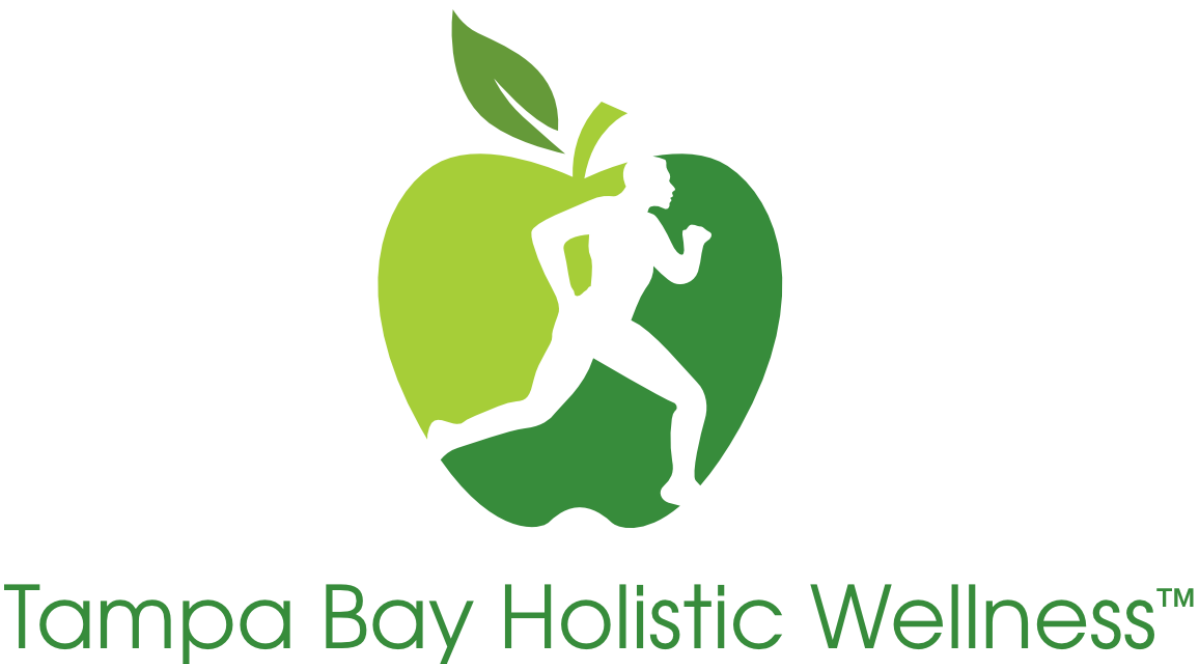Life Hacks for a Healthier and Happier You
The foundational elements of health, such as clean air, clean water, physical activity, and adequate sleep, are essential for maintaining well-being and are largely free and accessible in the United States. Clean air and water are crucial for preventing diseases and maintaining bodily functions. Regular physical activity supports cardiovascular health, strengthens muscles, and boosts mental health. Adequate sleep is necessary for cognitive function, emotional regulation, and overall physical health. By prioritizing these basic, cost-free elements, individuals can significantly improve their health and reduce the risk of chronic diseases. Access to nature and community support further enhances these benefits, highlighting the importance of preserving and promoting these fundamental resources for all. In a world where everyone is looking for the next gimmick in health, it is safe to say that mastering the foundational elements of health will provide the longest lasting benefit (and the research supports this).
In our fast-paced world, it's easy to overlook the small changes that can significantly improve our overall well-being. By incorporating a few simple life hacks into your daily routine, you can enhance your health, happiness, and productivity. Here are seven powerful strategies to elevate your life: sleep more, walk more, drink more water, eat more protein, lift heavy weights, don't ignore cardio, and do things that fill your cup.
Sleep is the cornerstone of good health. Quality rest boosts your immune system, improves your mood, enhances cognitive function, and promotes overall well-being. Aim for 7-9 hours of uninterrupted sleep each night. To improve your sleep hygiene:
- Establish a regular sleep schedule by going to bed and waking up at the same time every day.
- Create a calming bedtime routine, such as reading or meditating.
- Keep your bedroom cool, dark, and quiet.
- Limit screen time before bed to reduce exposure to blue light.
Walking is one of the simplest yet most effective ways to improve your health. It boosts cardiovascular fitness, strengthens muscles, and enhances mental clarity. Here’s how to incorporate more walking into your day:
- Take short walks during work breaks.
- Park further away from your destination.
- Use stairs instead of elevators.
- Aim for at least 10,000 steps per day.
Staying hydrated is crucial for maintaining energy levels, promoting digestion, and keeping your skin healthy. Most adults should aim to drink at least 12-16 glasses (about 3-4 liters) of water a day. Tips for drinking more water include:
- Carry a reusable water bottle with you.
- Set reminders on your phone to drink water throughout the day.
- Infuse your water with fruits or herbs for added flavor.
Protein is essential for muscle repair, hormone production, and maintaining a healthy metabolism. Including more protein in your diet can help you feel fuller longer and support your health goals. Your body uses protein to build and repair tissues. You also use protein to make enzymes, hormones, and other chemicals your body needs to survive. Every function in the living cell depends on proteins, motion and locomotion of cells and organisms depend on contractile proteins, the catalysis of all biochemical reactions is done by enzymes (which contain protein) ; at this point it should be clear how important protein is. Protein is an important building block of bones, muscles, cartilage, skin, and blood. Proteins are made up of amino acids. There are 20 different amino acids that join together to make all types of protein. Some of these amino acids can’t be made by our bodies, so these are known as essential amino acids. It’s essential that our diet provide these.
- A complete protein source is one that provides all of the essential amino acids. These sources are typically called high quality proteins. Animal-based foods; for example, meat, poultry, fish, milk, and eggs, and are considered complete protein sources.
- Incomplete proteins are foods that lack one or more of the nine essential amino acids that the body needs to get from food and can't produce on its own. Plant-based foods; for example, beans, lentils, peas, nuts, seeds, and leafy greens are considered incomplete protein sources. Deliberate combination of such proteins is necessary to get all essential amino acids since they’re incomplete protein sources by nature.
- People who exercise regularly, have jobs with high physical demand, or athletes need 1.1–1.5 grams of protein daily per kilogram of body weight.
- Sedentary people need 0.8–1.0 grams of protein daily per kilogram of body weight.
Strength training is vital for building muscle, improving bone density, and boosting metabolism. Lifting heavy weights can also enhance your confidence and overall physical health, which is why it should be considered medicine. Lifting weights has proven to reverse muscle loss (sarcopenia), recharge resting metabolism, reduce body fat, facilitate physical function, combat type 2 diabetes and cardiovascular disease, improve blood pressure and vascular condition, increase bone density, and improve mental health. What other hack has as much benefit as strength training? Cardiovascular training (below)!
- Start with basic compound exercises like squats, deadlifts, and bench presses. Hire a personal trainer if you want help with proper form to avoid injury.
- Gradually increase the weight as you build strength.
- Challenge your strength with unilateral, contralateral, ipsilateral, and asymmetrical exercises to increase stability, proprioception, and to counteract rotational and translator forces in sport and everyday life.
Regular cardiovascular exercise can improve the efficiency of your cardiovascular system, which can reduce the risk of heart disease, stroke, and other cardiovascular conditions. It can also help manage conditions like high blood pressure by strengthening your heart, which reduces the amount of blood your body needs to use. Cardio can also help keep your arteries clear by increasing "good" HDL cholesterol and decreasing "bad" LDL cholesterol. Cardio can also help you manage your weight, increase your metabolism, burn fat, boost your mood, increase your energy levels, help you sleep better, prevent diabetes, and reduce joint tightness and arthritis. What other hack has as much benefit as cardiovascular training? Strength training (above)!
- Try conventional types of cardio like cycling, running, swimming.
- Try unconventional types of cardio like zumba, hiphop dance class, or a martial art.
- Limited on time, but want the metabolic benefit? High-Intensity Interval Training (HIIT) may be your answer.
- Mix the above up and switch it up to challenge your VO2 Max. Shoot for an above average VO2 Max for your age percentile.
7. Do Things That Fill Your Cup
Mental and emotional well-being are just as important as physical health. Engaging in activities that bring you joy and fulfillment can reduce stress and increase happiness. Consider these tips:
- Pursue hobbies and passions, whether it's painting, reading, or gardening.
- Spend time with loved ones.
- Practice mindfulness and meditation.
- Take regular breaks and time-off of work related activities to recharge.
Incorporating these life hacks into your daily routine can lead to significant improvements in your overall health and happiness. Remember, small changes can make a big difference. Prioritize sleep, stay active, nourish your body, and take time for self-care. Your future self will thank you. Feel free to share your experiences and tips on how these life hacks have improved your life. Together, we can build a healthier and happier community.



